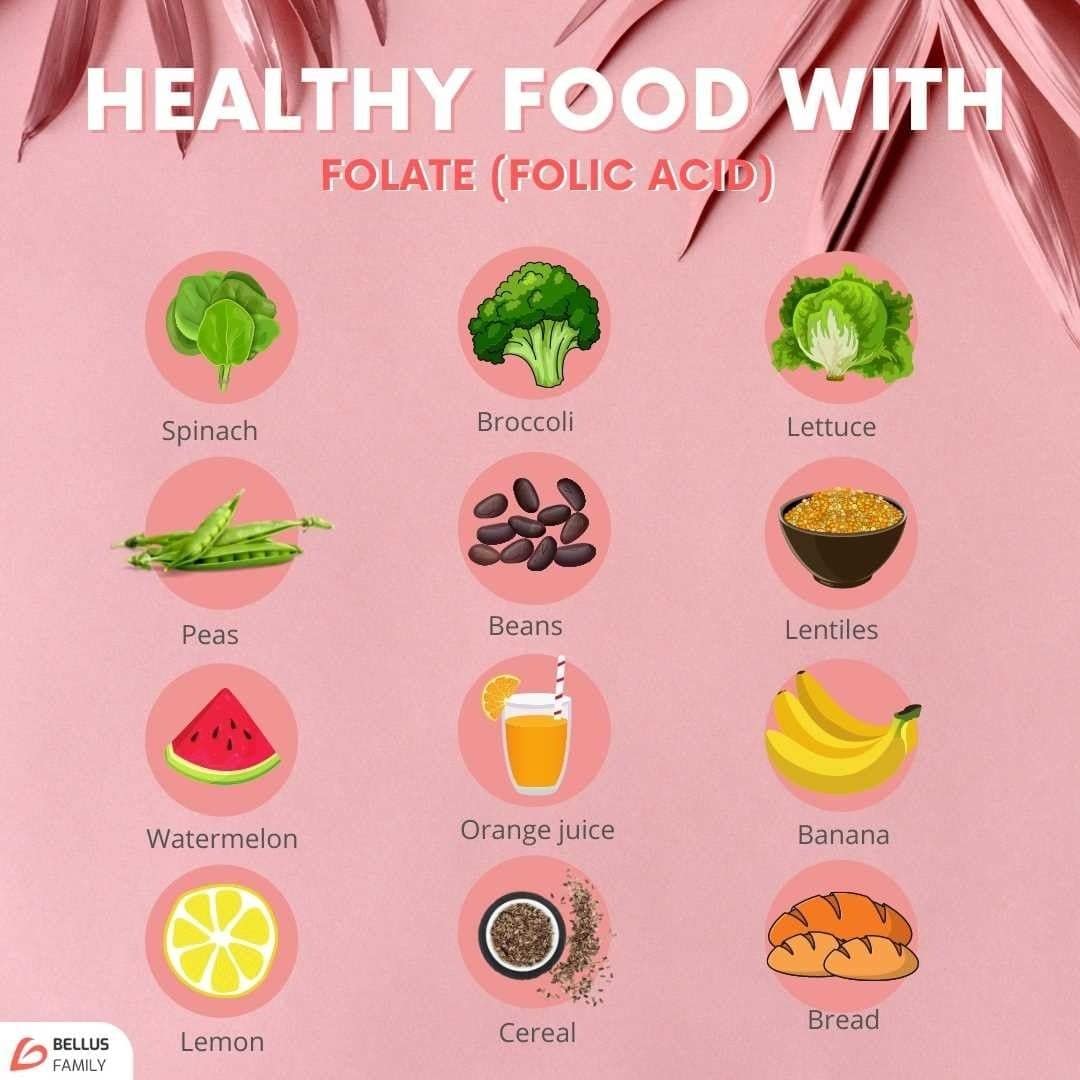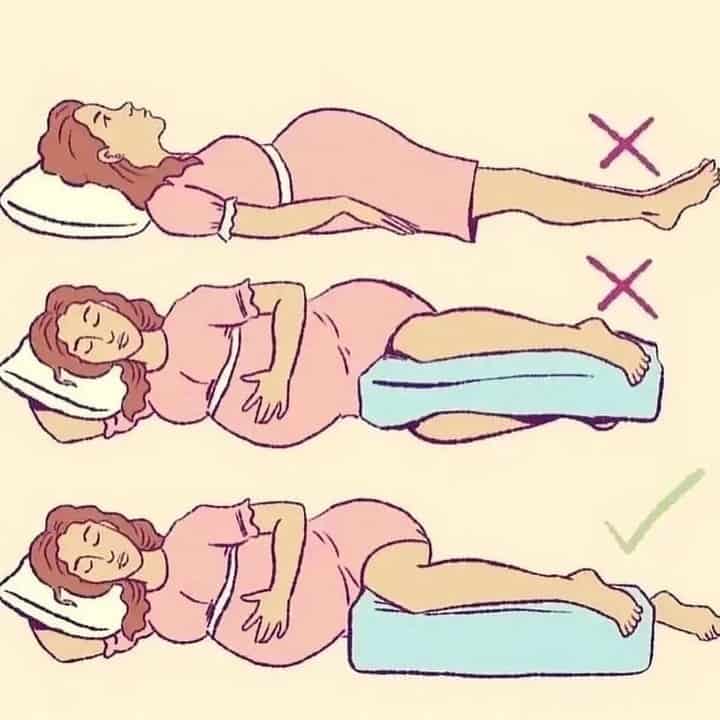Pregnancy is the sweetest anticipation but also a period of great changes in the body of the future mom and her habits.
When you get pregnant you will need to make lifestyle decisions that will help keep your baby and your pregnancy as healthy as possible.
An active lifestyle and good eating habits are important factors, and you may need to think about some of your daily habits.
Our 10 tips will help you understand how small changes in your daily routine could help you enjoy a healthy pregnancy.
1. Watch Out for Some Symptoms

In pregnancy, you know what is normal and what is not, especially if you are not pregnant for the first time.
Most pregnancies progress without any problems and most pregnant women, when they think something is wrong actually worry for no reason.
However, some symptoms indicate more serious complications that you should not ignore, such as itching on the body, swelling of some parts of the body, shortness of breath…
2. Count the Baby’s Movements

Most pregnant women will feel the baby’s first movements in the womb during the second trimester. From 23 to 30 weeks, the baby becomes stronger and you will start to feel rolling, kicks, jerks, or hiccups.
After 28 weeks, the movements become constant, so you should feel them at least 10 times a day. It is good to count all types of movements.
Ten movements usually take ten minutes, but sometimes even longer.
In case you haven’t felt your baby move for about an hour, do not panic. Everything you need to do is to drink a glass of juice to increase the blood sugar level and lie on the left side.
After some minutes, the baby should start moving.
3. Perform Kegel Exercises

To prevent problems such as incontinence, prolapse, and the like, it is important to perform Kegel exercises for the muscles of the lower pelvis.
Also, they will help you with easier childbirth, but also recovery.
So, get instructions on how to do Kegel exercises or ask your doctor. Also, Yoga and Pilates instructors can give you helpful advice.
4. Watch Your Diet and Avoid Certain Foods
A pregnant woman certainly has an increased appetite, but it is not necessary to eat for two. It is advisable to eat five meals a day, or approximately 2500 calories.
The baby’s organs develop in the first three months of pregnancy, so the diet must be varied and based on whole grains, fruits, vegetables, and quality sources of protein and fat.
This phase is the most sensitive period, so it is necessary to avoid some foods such as unpasteurized milk, cured meat products, raw eggs, raw meat, and moldy and blue cheeses.
5. Take Prenatal Vitamins
Prenatal supplements are recommended to pregnant women, breastfeeding and women who plan pregnancy.
The needs for certain nutrients are increased during pregnancy. Nutrients are the key to the correct growth and development of a child.
The most important nutrients during pregnancy are vitamin B12, vitamin C, vitamin D, and vitamin A. When it comes to minerals, it is very important to take care of adequate intake of calcium, iron, magnesium, and zinc.
6. Folic Acid
Folic acid is important, even from conception.
Before they realize they are pregnant, many women don’t get enough folate through food during a crucial period.
Folic acid has been proven to reduce the risk of neural tube defects, nausea, vomiting and weakness, and other serious congenital abnormalities.
In fact, women who are planning a pregnancy should take a folic acid supplement before conception and continue taking it until the 12th week of pregnancy.
7. Physical Activity Is Important

Physical activity is very important, especially during pregnancy.
Pregnant women are recommended to walk, run, swim, light hiking, and moderate cycling. However, it is necessary to avoid sports that could cause sudden muscle stretching and those in which injuries are frequent.
Swimming is the best option for physical activity for a pregnant woman, but it is necessary to pay attention to the temperature of the water and the cleanliness and maintenance of the pool.
Pregnant women who have a normal pregnancy can exercise throughout their whole pregnancy. With regular exercise, the body will adapt to the daily increase in body weight and changes in movements and balance.
8. Lie on the Left Side
Pregnant women know that in pregnancy is very difficult or even impossible to sleep on the abdomen, especially in the high months of pregnancy.
But, the worst sleeping position is on the back. This position can create uterine pressure on blood vessels, limiting blood flow to the baby’s heart.
That is why the pregnant woman has to lie on the side – it is the best on the left side.
9. Regular Check-Ups at the Gynecologist

The World Health Organization proposes that routine ultrasonic diagnostics be carried out three times during pregnancy. It means that a gynecological examination should be performed in every trimester.
During pregnancy, vaccines can be received, against tetanus, influenza, rashes, and the like.
10. Morning Sickness

In addition to pregnancy, even morning sickness can influence your way of life.
Although every pregnant woman is different, some medications and hacks could help you.
For this purpose, you need to stay away from smells and foods that make you feel nauseous, taste different types of food and drinks, eat regularly in small portions, avoid oil and spicy food, and drink 2 liters of water per day.
Also, you should eat easily digestible foods.





